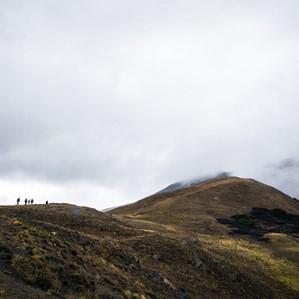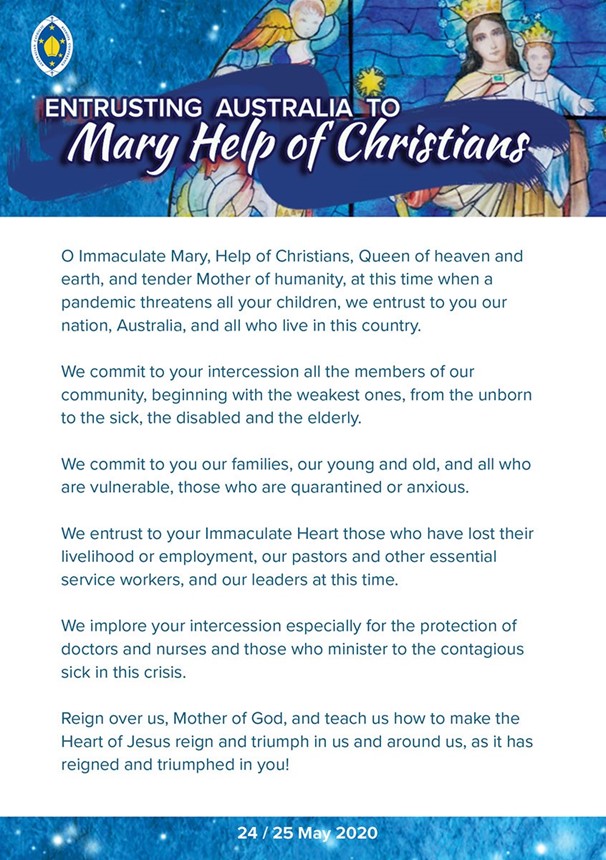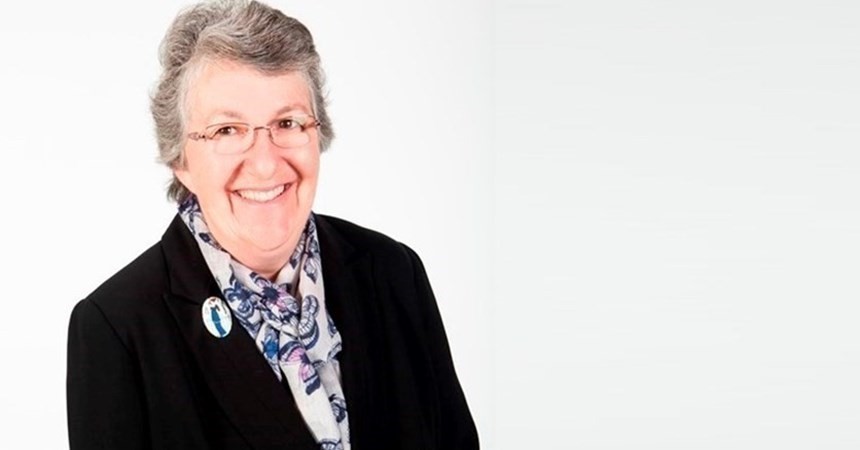I think the best way for me to provide you with the opportunity to connect with them is for you to approach them as you would a Novena. Many will know that a novena is an ancient tradition of devotional praying in Christianity of private or public prayers repeated for nine successive days or weeks.
The nine days I have chosen for us actually began on the day after Ascension Thursday (40 days after the Resurrection), even though we celebrate this feast on the Sunday after Ascension Thursday, and will finish on the eve of Pentecost Sunday.
You may well be wondering what these events are, for you to pray with, and to contemplate:
- The Ascension of the Lord
- The Feast of Our Lady Help of Christians (24 May)
- The Week of Prayer for Christian Unity in Australia (24 – 31 May)
- Laudato Si’ – On care of our common home (24 May 2015)
- National Sorry Day (26 May)
- Uluru Statement from the Heart (26 May 2017)
- National Reconciliation Week (27 May – 3 June)
- Pentecost Sunday (31 May)
 What an amazing way to finish autumn and to begin winter!
What an amazing way to finish autumn and to begin winter!
These nine days call us to be faithful to the great commission from Matthew’s gospel (28:16-20) which was proclaimed on Sunday
The eleven disciples set out for Galilee, to the mountain where Jesus had arranged to meet them. When they saw him, they fell down before him, though some hesitated. Jesus came up and spoke to them. He said, ‘All authority in heaven and on earth has been given to me. Go, therefore, make disciples of all the nations; baptise them in the name of the Father and of the Son and of the Holy Spirit, and teach them to observe all the commandments I gave to you. And know that I am with you always; yes, to the end of time.’
The Great Commission - Go, Make, Baptise, Teach
I am inviting you to consider what rituals may assist you throughout this novena. During the week (18 May) I came across an article in La Croix, We are celebrants, not consumers - COVID-19 and the reappearance of transactionalism in Catholic liturgy, written by Thomas O’Loughlin. He speaks powerfully of the human need for ritual which helps with meaning-making.
When one says in a secular context that human beings construct their universe through shared rituals, many sneer and think that is just a theologian trying to smuggle religion back into the public space.
Yes, people used to have rituals, but that was in an older world of pomp and circumstance, now we just "cut to the chase"!
 But the virus has seen rituals re-emerge within lockdown. Here in Britain most of us go outside every Thursday at 8 pm and clap our hands as an expression of thanks to our medical workers – I hope for those in care homes also – who are on the front line in coping with the virus.
But the virus has seen rituals re-emerge within lockdown. Here in Britain most of us go outside every Thursday at 8 pm and clap our hands as an expression of thanks to our medical workers – I hope for those in care homes also – who are on the front line in coping with the virus.
It seemed to me a bit corny when I heard of it happening in Spanish cities – but now it has spread, literally, to my front door.
The TV channels announce that the common moment is approaching and cover it with scenes from around the country, firemen in one place, a street scene somewhere else, and outside my neighbours have improvised drums from saucepans and wooden spoons.
We are together – but correctly distanced – and we are acting spontaneously, expressing thanks and interdependence. We are being joyful in a vale of tears and expressing that we are a community, not just loners.
It is an attempt – as we say – "to give something back".
Ritual is conveying that which we could not otherwise convey. It is expressing our situation and we are going out of ourselves to be a thankful community.
There are umpteen little rituals like this that are emerging.
Just take the farewell: "stay safe!" It is a cross between the Gaelic word for "goodbye" which is slán leat (literally: may health be with you') and the Latin vale (may things go well for you).
It expresses not just "that's over" (as in "bye bye now"), but says that I am concerned for you in this time and I not only hope you will be well, but want us both to do all that we need to do to maintain that state.
 It is a social pleasantry, a wish, but also an instruction about action. It is a ritual boundary marker more similar to the old "Let us move forward in peace" (Procedamus in pace) than to the banal "Cheerio! See ye!" we would have used several weeks ago.
It is a social pleasantry, a wish, but also an instruction about action. It is a ritual boundary marker more similar to the old "Let us move forward in peace" (Procedamus in pace) than to the banal "Cheerio! See ye!" we would have used several weeks ago.
I don’t know about you but many of the emails I have been receiving since isolation have finished with a similar salutation – stay well, safe, and now, warm.
I also came across a story in the Newcastle Herald Series: When the going gets tough – Opening door to hope – A sister’s journey out of tragedy by Scott Bevan (Saturday 23 May). The following forms part of that article:
Jenny Allen tells her story or resilience and grace after the suicide death of her brother Bernard Sessions (The Man in the Doorway) from Mayfield on 1 June 2017.
She felt hopelessness. But, Jenny realised, that if she was going to help others and give them hope, she had to “rewrite the narrative”
“If you can remove yourself from that problem-saturated narrative, and rewrite what you want the story to be, which was one of hope in that we can help other people, one of forgiveness,” she explained. “I was gaining strength and encouragement from the people in Bernie’s community, and they were gaining strength, hope and encouragement from Bernie’s story, in that there was a chance we could make a difference, if we all banded together, and if we all have the right heart, which is one of kindness and compassion.”
In ways he perhaps could not have imagined, The Man in the Doorway opened doors for his little sister, for so many people. ……
As I read this part of the article I was drawn to think of the disciples, who could not imagine life without Jesus, and yet, the Holy Spirit helped them to rewrite the narrative into one of going out and spreading the Good News (go, make, baptise and teach).
And interestingly in the same edition of the Newcastle Herald, Dr David Durrheim (Hunter New England Health’s public health physician) wrote in his Opinion Piece, Complacency’s our greatest foe in the fight:
Through good public health measures, great community solidarity and divine providence we have avoided a real pandemic wave. Collectively, we have flattened the curve and averted a catastrophe.
In this Great South Land of the Holy Spirit, a health practitioner is acknowledging divine providence in our having averted a catastrophe. May it thus continue, with the help of God, and our collective social responsibility.
And while we are left to gaze up and wonder, the Bishops of Australia have decided to entrust our nation to the care of Mary Help of Christians on her feast day. Mary, Help of Christians has been the official patroness of Australia since 1844. Her feast day is celebrated on May 24.
Entrustment of Australia to Our Lady, Help of Christians

I hope the remaining days of my invitation for your novena prayer nourish you, and those with whom you may wish to share this time.

